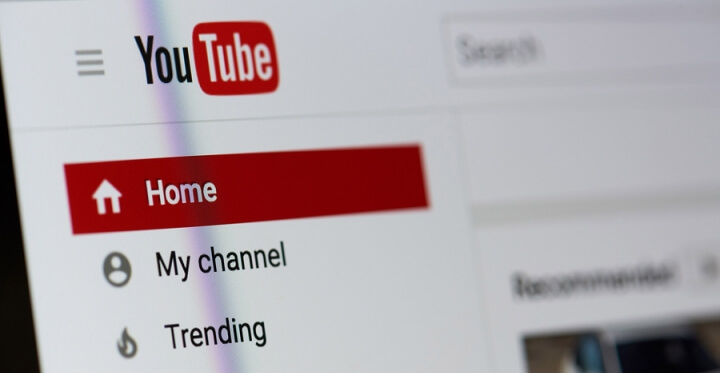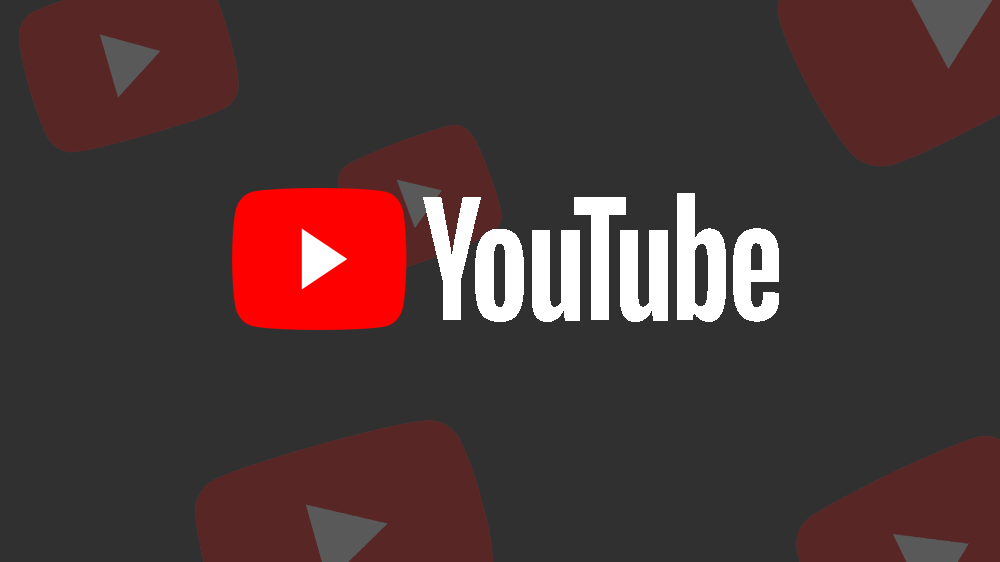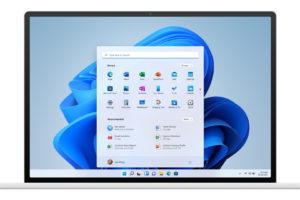YouTube has made an update to its terms of service that affects virtually every user. If you have a Gmail account, you’d probably have received an email from the company talking about this update. The changes made shouldn’t significantly alter your access to the platform.
In this post, we will run you through the updates and changes made to the company’s terms of service. And do more of an explanation than what is found in the email sent. You should read this if you own a Google (and by extension, YouTube) account, and more importantly, if you’re a creator on the platform.
Take a look.
READ MORE: How to Use YouTube Playback Settings to Personalize Your Streaming Experience.
Changes to YouTube’s Terms Of Service

Here are a couple of changes to YouTube terms of service which were just updated on the 25th May 2021 (and takes effect from June 1, 2021) for all users on the platform. The last time there was an update was in November 2020, for users in the United States.
Restrictions on Facial Recognition
According to the current terms of service, you are not allowed to…
…collect or use any information that might identify a person (for example, harvesting usernames), unless permitted by that person…
YouTube Terms of Service
There will be no alteration to this clause in the updated terms, rather, it will state explicitly that Facial Information is a part of it. While it has always been, this update emphasises that.
YouTube’s Right to Monetize
In this new update, the platform will be making it clear that they have the right to monetize all content on the platform. And ads may appear on videos from channels, not in the YouTube Partner Program.
This is targeted at creators. Basically, as long as you have a channel on YouTube, ads can be shown on your videos even if you’re not part of the partner program yet. This means channels with less than 1000 subscribers will be getting monetized by YouTube but not the creators. Until they are eligible and are accepted into the program.
On Royalty Payments and Tax Withholding
This one’s also targeted at creators. But this time, creators that are part of the partner’s program and entitled to revenue payments. YouTube is saying that payments to this set of people will be treated as royalties from a U.S. tax perspective and Google will withhold taxes where required by law.
In simple terms, your revenue – like every other salary-ish payment – will be taxed in the US and the balance sent to you.
That’s the summary of the new changes coming to YouTube terms of service on June 1, 2021.
We’re happy to help clarify or untangle confusing clauses if you drop a comment below. Let us know, also, how exactly do you thing these changes are going to affect you?
Discover more from Dignited
Subscribe to get the latest posts sent to your email.












